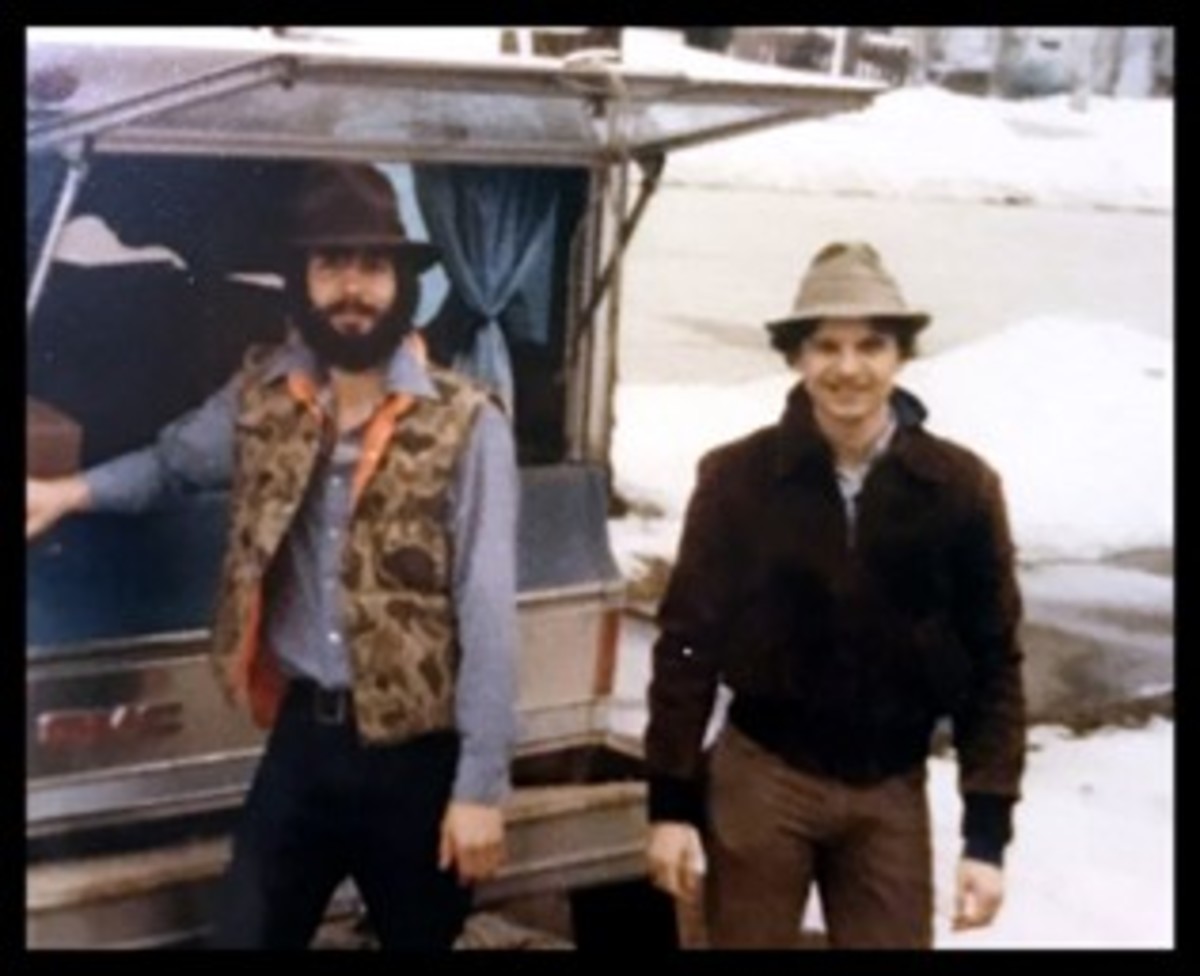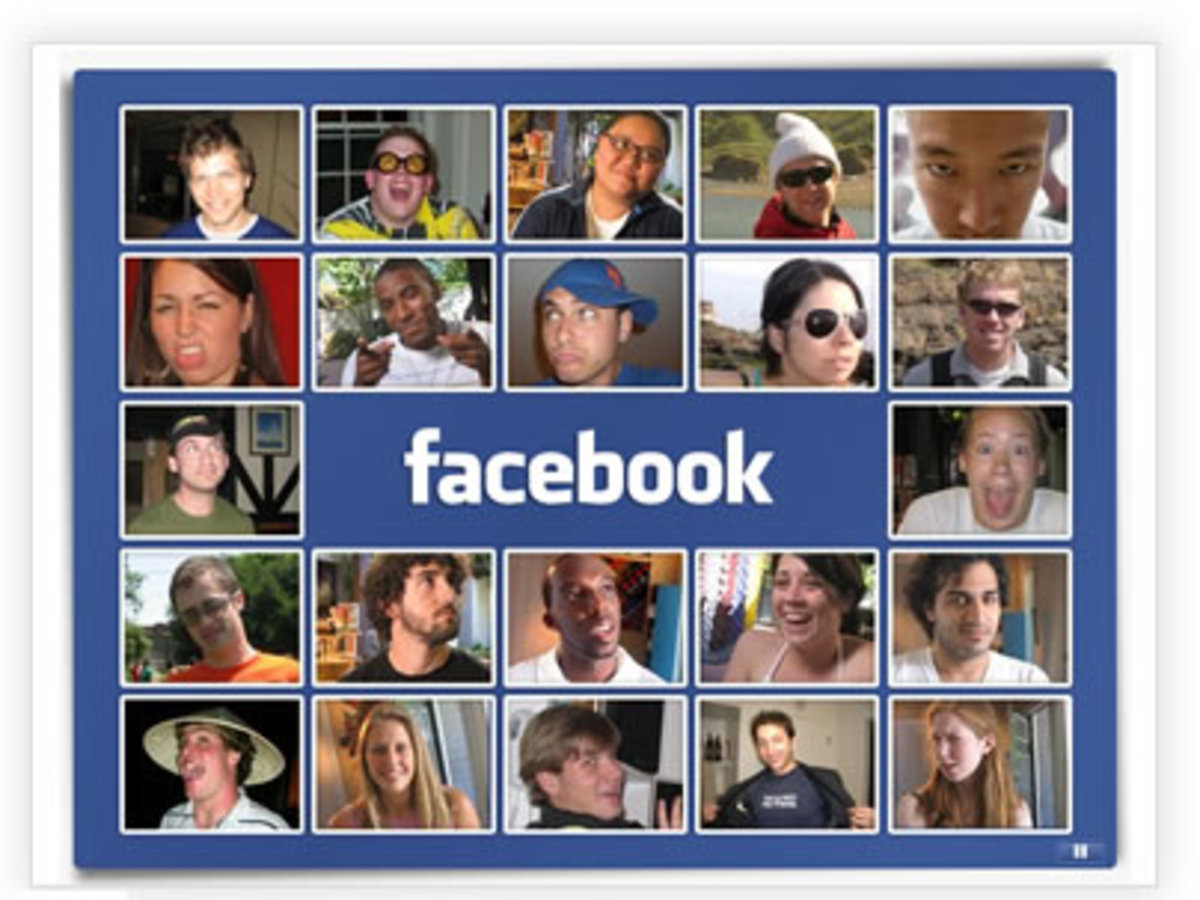Internet Connections: What Makes a Friendship Authentic?

Are the friends you make online real friends?
It's a question many think they know the answer to. Usually, their answer is, “Of course not!” As someone who has made far more friends online since she was a teenager, and still does as an adult, it has been frustrating when people I know in person respond negatively when I mention how I met someone online. It is even worse when I meet someone online, refer to them as my friend, and they insist that they are not my real friend.
I just finished watching a YouTube video on this very subject by Boyinaband aka Dave. He debunks the commonly used reasoning against internet friends compared to real-life friends, and why the reasons don't measure up. I love how he takes the typical arguments people, like myself, hear all of the time to devalue our friendships, and questions them in intelligent ways. I liked it so much that I thought I would write an article about it. Here are their arguments and Dave's responses in terms of online friendships:
Do you have friends you only know online?
1. “You haven't even met them.”
This argument suggests that the inability to have physical contact means you can't have the same level of interaction as someone you hang out with in person. According to this argument, that would mean a friend you have hung out with is not your friend until physical contact has been made. Dave mocks this logic by showing you can hang out with a friend you have not yet physically touched; therefore, the overall meaning of friendship is the development of emotional connection based on conversation, not whether or not you can physically touch them.
2. “They might be a serial killer, rapist, pedophile.”
Dave explains how the belief that those we meet online will turn out to be criminals being a higher likeliness than those we meet in person is not dependent on how we met them. It is about how long we take to get to know someone in order to trust them. Furthermore, he explains how the best way to be sure someone is who they say they are, online, is to video-chat. Of course, if you ask me, it doesn't matter how you meet or necessarily how long you have known someone. Anyone can turn out to be someone else at any given moment; therefore, in any relationship, there is a false sense of security. So, those out there who think criticizing online relationships are superior because they have more face to face relationships are probably more insecure than they're admitting since most people with more online relationships are aware of the possibility, even if they don't come out and verbalize it.
3. “They're probably lying.”
This is similar to the previous excuse; however, Dave gives some interesting information about this concept. People are more likely to lie in person than online because it's typed and can usually be brought back. Meanwhile, in person, one's words cannot be brought back for evidence. Of course, liars exist, regardless, but as mentioned before there is still video-chatting to be sure who you're talking with, and being aware that liars exist in real-life, as well, should give some perspective on society in general.
On a side note, whenever this sort of thing is mentioned, I like to bring up how long my parents were married before my dad turned out to be an abuser. My parents met long before the internet became a thing and lived together. They were married for a decade. It wasn't until near the end of the ten years that he became violent. As I said, I am not one to believe anyone can be sure they truly know anyone, online or in person.
4. “Humans are social creatures.”
Choosing the internet to find companionship does not mean someone is not social. One does not have to be in person with someone in order to be social. Dave expresses how it does not mean the person does not want to spend time with that the other person. It just means they may not be able to afford to fly to where ever their friend is; therefore, the internet is their best means of connecting with this individual.
5. “They're not as good as real friends.”
Dave explains how being dependent on our town, school, work, or what have you, to find connections that fulfill us for a social life makes it unlikely we will find the right type of person or people. It means a lot less people to choose from, hoping that someone or some of them will understand us and the other way around. Meanwhile, we could go online, with millions of types of people to choose from, making it highly more likely we will find others like us.
When Dave points out the types of communities in which we live, and how we're limiting ourselves by finding friends only within that community by refusing to value friendships we find or could find online, I can relate. Although the town I grew up in is not small, and would not be considered to be a poorly educated area it is a predominantly white upper-middle-class area; therefore, the people are poorly educated when it comes to common sense. I have spoken many times of the racism and homophobia I was surrounded by. Finally, I began speaking out against it in the last years of High School, but even that was difficult as I was always a fairly quiet teenager in class—around my friends was a different story. As one can imagine, how can someone like myself relate to a town full of people like that?
Looking at all of these arguments, I can't help but wonder, again, about insecurities. In today's society, or, hell, any society, it seems that people are far too narcissistic to get to know themselves. They would rather see themselves above everyone else, learn nothing, give as little as possible to others, but continue seeing themselves in that special light; therefore, when they find out that people admit how hard it is to form connections with those in our town or even our state and therefore take the time to get to know someone online, these narcissists can't imagine spending so much time on someone other than themselves. So, how do they react? They see us as pathetic for admitting how things really are. They know how hard it is, but they don't want to face it and voice how lonely they truly feel or reach out to anyone. They would rather make us feel the way they feel. So, the next time someone tries to bring you down for having connections around the country or around the world because you haven't found those connections in your own town or state, know that those people are in denial about how alone they are, but you are doing something about it.
“To deny that internet friends are real is like saying 'only the people in your immediate vicinity are worth caring about.' If two people are happy spending time together whether that's in the same room or with an internet connection and a freakin' ocean between them then there is no logic in claiming that's not a legitimate friendship.” Dave aka Boyinaband
© 2016 social thoughts








